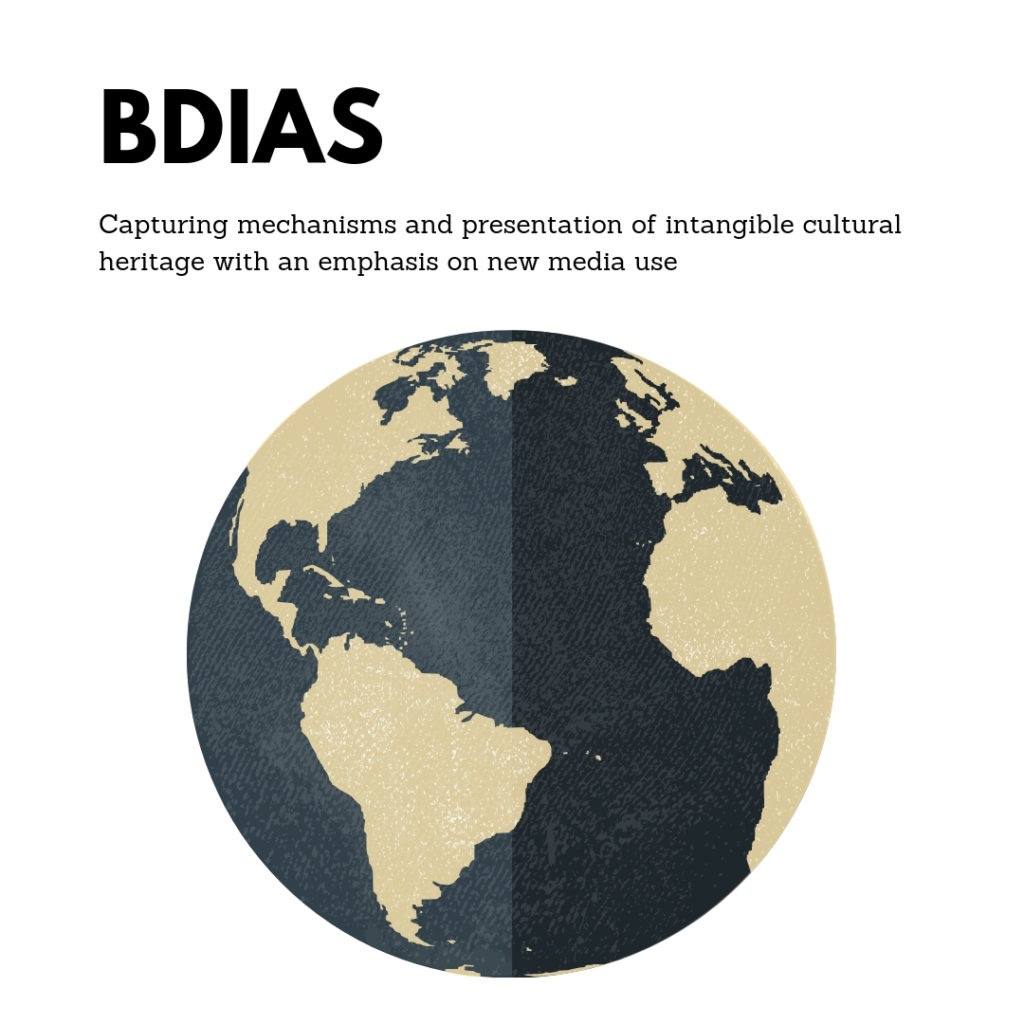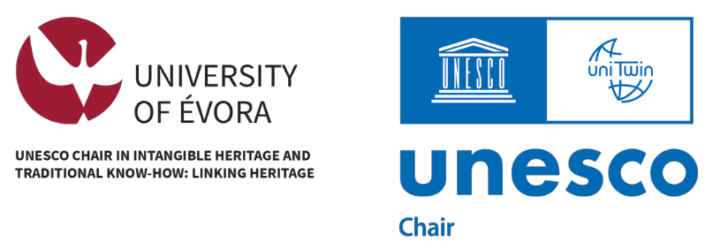
The project seeks, in the metaphorical plane, the path for knowledge transfer related to intangible cultural heritage both among generations (transfer in time) and among different parts of the world (geographic transfer).
The goals of the project are the establishment of Slovak-Portuguese cooperation in ICH research, creation of a Slovak-Portuguese research team, researcher exchange at partner sites and creation of common outcomes recognized by the EU research community. The research proposed is aimed at the transfer of pragmatic knowledge leading to the creation of ICH. The general research subject concerns the effectiveness of knowledge transfer mechanisms associated with ICH and its distribution via new media in the context of global society. The positive effect of this research lies in the transformation of the static approach to ICH to a more dynamic one, oriented mainly on ICH transfer mechanisms and its accessibility via communication channels usually used by the young generation.The project seeks, in the metaphorical plane, the path for knowledge transfer related to intangible cultural heritage both among generations (transfer in time) and among different parts of the world (geographic transfer).The goals of the project are the establishment of Slovak-Portuguese cooperation in ICH research, creation of a Slovak-Portuguese research team, researcher exchange at partner sites and creation of common outcomes recognized by the EU research community. The research proposed is aimed at the transfer of pragmatic knowledge leading to the creation of ICH. The general research subject concerns the effectiveness of knowledge transfer mechanisms associated with ICH and its distribution via new media in the context of global society. The positive effect of this research lies in the transformation of the static approach to ICH to a more dynamic one, oriented mainly on ICH transfer mechanisms and its accessibility via communication channels usually used by the young generation.
Partners: UNESCO Chair in Intangible Heritage and Traditional Know-How: Linking Heritage/CIDEHUS-UÉ and Comenius University in Bratislava – Faculty of Social and Economic Sciences
CIDEHUS team members: Filipe Themudo Barata (Leader of the Portuguese team), Sónia Bombico, Ana Carvalho, Monalisa Maharjan, Sara Albino and Carlos Alcobia.
Comenius University in Bratislava tem members: Milan Konvit (Leader of the slovak team), Eva Capková, Galina Jasečková, Marcela Katuščáková.
Funding source: FCT | Transnational Cooperation between Portugal and SlovakiaDuration: 2019-2021


